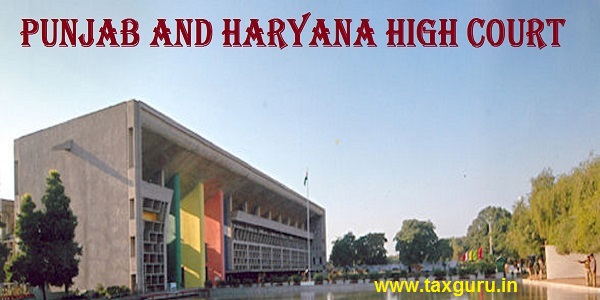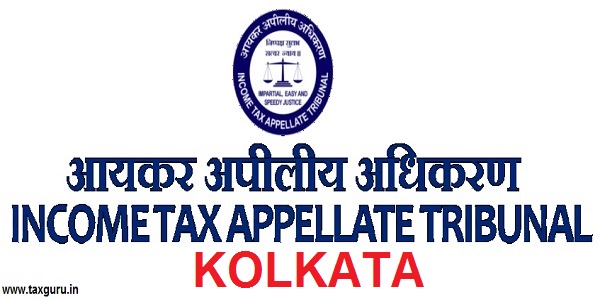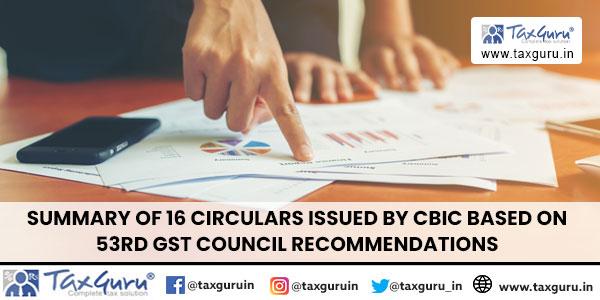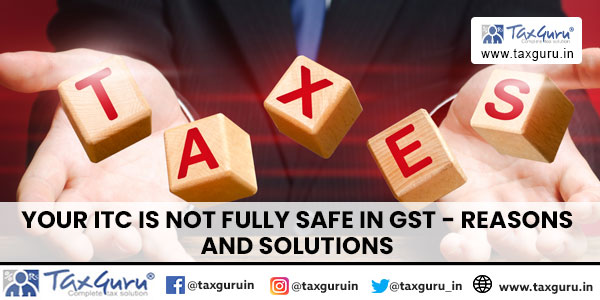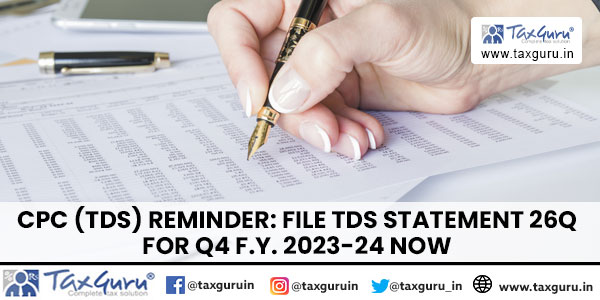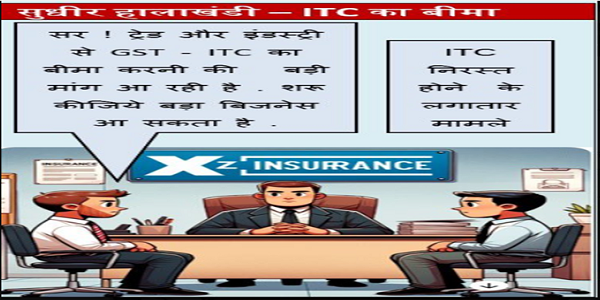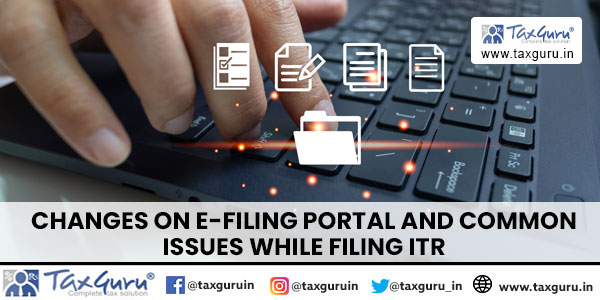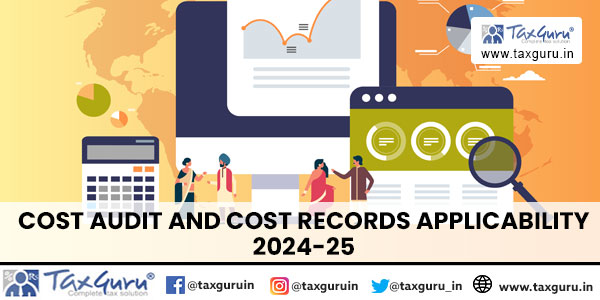Case Law Details
Ravin Sachdev Vs Union of India And Anr. (Delhi High Court)
The case of Ravin Sachdev vs Union of India revolves around the timely filing of an appeal under the Goods and Services Tax Act, 2017 (GST Act). The petitioner contested an order rejecting their application for a refund, citing procedural delays.
The petitioner, Ravin Sachdev, sought a refund under the GST Act and filed an appeal against the rejection of their application by the Assistant Commissioner. The dispute centered on the timeline for filing the appeal, which was initially rejected on grounds of delay exceeding the permissible period under Section 107(4) of the GST Act.
According to Section 107(4) of the GST Act, an appeal must be filed within three months from the date of the decision or order, with a provision to condone a further delay of one month under sufficient cause. In this case, the petitioner filed their appeal within the statutory three-month period but encountered procedural issues related to the submission of the original Order-in-Original document.
The Delhi High Court scrutinized the sequence of events and found that the petitioner had submitted a scanned copy of the Order-in-Original along with the appeal within the stipulated timeframe. Despite subsequently sending the original document to an incorrect department within the GST authority, the court noted the petitioner’s efforts to rectify the error promptly upon notification.
Emphasizing the bonafide nature of the petitioner’s actions and the absence of deliberate delay, the court overturned the lower authority’s decision to dismiss the appeal. It held that any delay was attributable to procedural misunderstanding rather than willful negligence. The judgment underscored the importance of procedural fairness and the principles of natural justice in administrative decisions under the GST regime.
Conclusion: In conclusion, the Delhi High Court’s judgment in Ravin Sachdev vs Union of India elucidates the nuances of GST appeal timelines and procedural compliance. It highlights the court’s inclination towards condoning procedural delays when the petitioner demonstrates bonafide efforts to comply with statutory requirements.
FULL TEXT OF THE JUDGMENT/ORDER OF DELHI HIGH COURT
1. Petitioner impugns order dated 18.05.2023, whereby the appeal filed by the petitioner impugning the Order-in-Original dated 25.08.2022 has been dismissed on the limited ground of delay.
2. Impugned order records that a delay of maximum period of one month could be condoned under Section 107(4) of the Goods and Services Tax Act, 2017 [“GST Act”] and as the subject appeal has been filed with a delay of two months, the same could not be condoned.
3. As per the petitioner, petitioner made an application seeking refund on 27.06.2022. The Assistant Commissioner rejected the application seeking refund by order dated 25.08.2022. The statutory period of filing an appeal against the order was three months. Petitioner filed an appeal thereto through the online portal on 22.11.2022, within the period of three months.
4. Petitioner has produced before this Court the digital record of the documents filed with the appeal. It is noticed that the appeal that was digitally filed also contained the scanned copy of the original Order-in-Original dated 25.08.2022.
5. Section 107 of the GST Act reads as under:-
“(1) Any person aggrieved by any decision or order passed under this Act or the State Goods and Services Tax Act or the Union Territory Goods and Services Tax Act by an adjudicating authority may appeal to such Appellate Authority as may be prescribed within three months from the date on which the said decision or order is communicated to such person.
xxx xxx xxx xxx
(4) The Appellate Authority may, if he is satisfied that the appellant was prevented by sufficient cause from presenting the appeal within the aforesaid period of three months or six months, as the case may be, allow it to be presented within a further period of one month.
xxx xxx xxx xxx
6. Section 107 of the GST Act stipulates filing of an appeal within a period of three months from the date on which the decision or order is communicated to the appellant and empowers the Appellate Authority to permit it to be presented within a further period of one month.
7. Reference may also be had to Rule 108 of the Rules of Central Goods and Services Tax, 2017, as it stood prior to the amendment carried out with effect from 04.08.2023. Since the said appeal was filed on 22.11.2022, the un-amended Rules would apply. The un-amended Rules reads as under:-
“108. Appeal to the Appellate Authority.- (1)An appeal to the Appellate Authority under sub-section (1) of section 107 shall be filed in FORM GST APL-01,along with the relevant documents, either electronically or otherwise as may be notified by the Commissioner, and a provisional acknowledgement shall be issued to the appellant immediately.
(2) The grounds of appeal and the form of verification as contained in FORM GST APL-01 shall be signed in the manner specified in rule 26.
(3) A certified copy of the decision or order appealed against shall be submitted within seven days of filing the appeal under sub-rule (1) and a final acknowledgement, indicating appeal number shall be issued thereafter in FORM GST APL-02 by the Appellate Authority or an officer authorised by him in this behalf: Provided that where the certified copy of the decision or order is submitted within seven days from the date of filing the FORM GST APL-01, the date of filing of the appeal shall be the date of the issue of the provisional acknowledgement and where the said copy is submitted after seven days, the date of filing of the appeal shall be the date of the submission of such copy.
Explanation.– For the provisions of this rule, the appeal shall be treated as filed only when the final acknowledgement, indicating the appeal number, is issued.”
8. Rule 108 (1) as it stood prior to amendment, permitted the appellant to file an appeal along with relevant documents either electronically or otherwise. On such filing, a provisional acknowledgment was to be issued to the appellant immediately.
9. Sub Rule (3) stipulates that certified copy of the decision or order appealed against is to be submitted within seven days of filing of the appeal. On such filing, a final acknowledgment is to be issued by the Appellate Authority or an Officer authorised in that behalf.
10. In the instant case, appellant, on 26.11.2022 i.e. within five days of the filing of the appeal through the online portal, sent the hardcopy of the order appealed against by post to the Office of Commissioner of Central Tax. Petitioner subsequently learnt that the hardcopy of the original order was forwarded to the Department of GST-I instead of GST-II.
11. Appellant submitted that they had got a telephonic information from GST-I that the documents pertain to GST-II. Appellant, thereafter, immediately on 20.01.2023, collected the documents from GST-I and submitted the same to GST-II.
12. The above factual matrix that the hardcopy was sent by the petitioner within time, however, to a wrong Department, is not controverted by the Department. The only reason given for the rejection of the appeal is that the same has been filed late. The date of filing being taken as the date when the hardcopy was collected by the petitioner from GST-I and handed over to GST-II.
13. We note that there is no dispute that the petitioner filed the appeal within time along with a scanned copy of Order-in-Original as an annexure. Said filing was done within a period of three months, thereafter, petitioner sent the original Order-in-Original by post, however, to an incorrect Department.
14. Action of the petitioner was clearly bonafide and the error was not of a nature that could have led to the order rejecting the appeal solely on the ground of limitation. Had the petitioner been informed immediately on the receipt by GST-I, petitioner would have rectified the error immediately, however, as per the communication placed on record by the petitioner, petitioner was informed by the officers of GST-I about the incorrect filing and immediately thereafter, petitioner took the remedial steps.
15. Since the action of the petitioner is bonafide and petitioner appears to be diligently prosecuting the appeal, we are of the view that there is no delay attributable to the petitioner in filing of the appeal. Consequently, we hold that the appeal has been filed within time. Even if there was some delay in filing the appeal, the delay appears to be bonafide. Accordingly, we are of the view that delay, if any, is liable to be condoned. Consequently, the impugned order dated 18.05.2023 is set aside. Appeal is restored on the file of Appellate Authority i.e Commissioner of Central Sales Tax, Appeals-II. Said Officer is directed to dispose of the appeal in accordance with law on merits.
16. For the sake of completeness, we may also note that with effect from 04.08.2023, said Rule has been amended and online filing has been made mandatory and only in exceptional circumstances, manual filing has been permitted. Proviso to Sub Rule (3), that has been added permits a self-certified copy of the order to be uploaded.
17. The appeal is accordingly allowed in the above terms.








